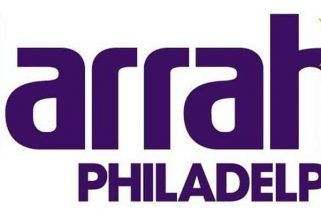Following the end of the application period for Pennsylvania interactive gaming licenses which attracted a total of nine applicants, the Pennsylvania Gaming Control Board (PGCB) has seven licenses left. The state regulator resolved during its September 12 meeting that it would award these remaining licenses through a random draw process that any Qualified Gaming Entity (QGE) could enter.
Considering the definition of what a Qualified Gaming Entity (QGE) is, it goes without saying that there is a huge possibility that the seven remaining licenses will go to other non-Pennsylvanian US-based gambling operators or even international gaming operators. This stems from the key regulatory requirements of a QGE which are:
- It is licensed in good standing in another gaming jurisdiction.
- The licensing standards of that other gaming jurisdiction are comprehensive and thorough and provide similar safeguards as those required by this Commonwealth.
- The petitioner has the business experience and expertise to operate an interactive gaming system.
The remaining online gaming licenses consist of 3 online poker licenses, 2 online slots licenses as well as 2 table game licenses with the qualified entities being allowed to petition individual licenses if they wish to do so. The random draw process will reportedly work on the basis that the first name that will be drawn will receive all the license it will petition for, then the second will receive all the ones it petitions for from the remaining ones and so on until all the seven interactive gaming licenses are allocated. The idea is to make the licenses as attractive as possible to the gaming operators – while a single poker license might not seem lucrative enough to invest $4 million in, the addition of casino games and online slot machines will certainly make the opportunity more enticing or viable.
Part of a Coordinated Launch
The state’s online gambling industry is yet to go live but from the looks of it, every move that the state has been making is part of a “coordinated launch” that could come before the end of the year even though there is a possibility that the interactive gaming license applicants who are not from Pennsylvania will need to rely on the luck of the draw to penetrate the Keystone State’s iGaming market.
“There’s still a lot of back-end work to be carried out by casinos and partners and we also have to license partners of the operators,” Doug Harbach, the PGCB’s director of communications stated. “We would like to do some sort of coordinated launch. It might not be all of them, but perhaps a batch of them who are ready to go.”
“We’re probably still at least a couple of months off that, but it is likely to happen if not towards the end of this year, then early next year,” he added.













